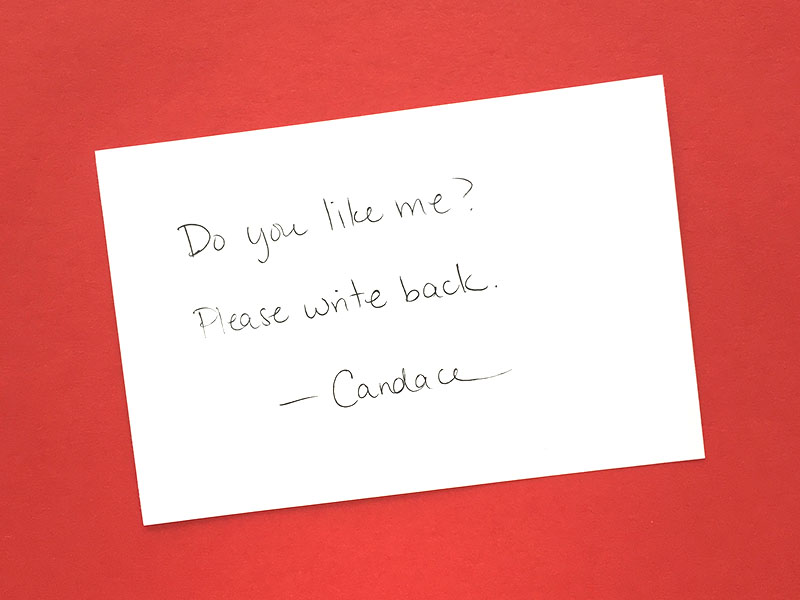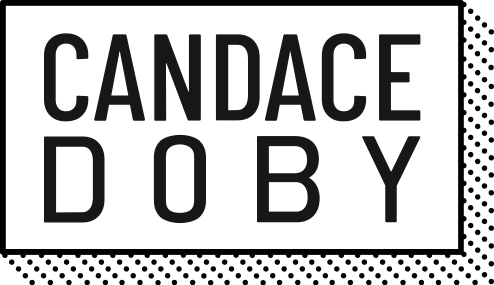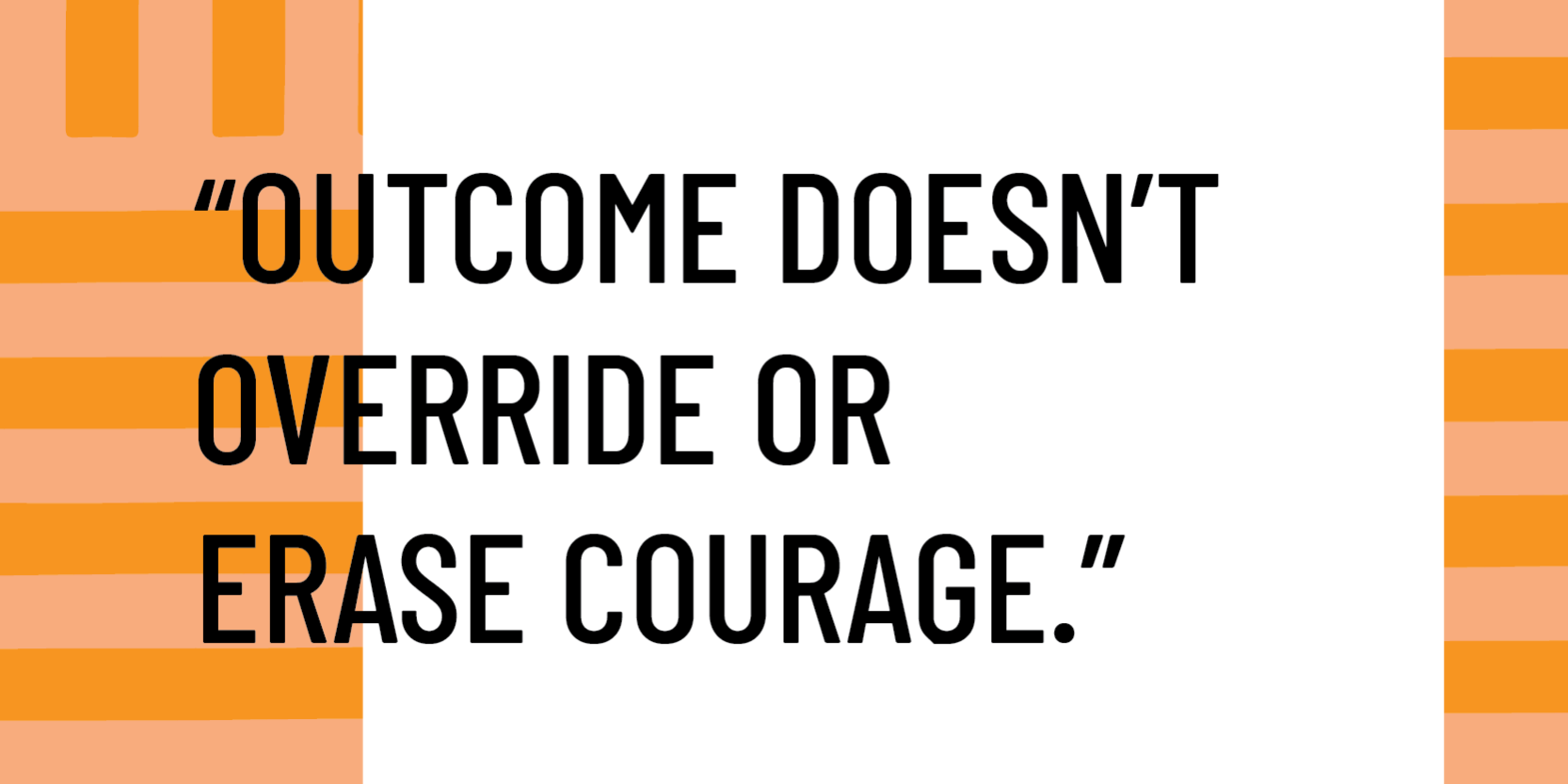Nothing. A high school crush taught me that.
I had a ridiculously big crush on James*. Bigger than the ones I had on Keith* and Shawn*. The butterflies in my belly swarmed when I saw him, and the only way to settle them was to turn away. But, I never wanted to miss the smoothness of his steps or the brightness of his smile. James was the tall, dark, beautiful basketball star that every girl in the high school wanted. Including me.
[gdlr_heading tag=”h3″ size=”18px” color=”#d85c1e” ]BATTLE BETWEEN FEAR AND CONFIDENCE[/gdlr_heading]
I contemplated for weeks about whether to write him a note disclosing my attraction. What if he liked me too but was just as nervous as me to say anything? What if he thought I was a joke and showed the note to all his friends who pledged to mock me every time I walked by? Confidence and fear waged a vigorous war inside my petite frame that left me more exhausted than an interval workout at track practice. The lengthy battle finally culminated with my realization that fear would protect me from rejection and embarrassment on one had but shield me from possibility on the other. And, ultimately, I wanted to know what could become of James and me.
[gdlr_heading tag=”h3″ size=”18px” color=”#d85c1e” ]READY FOR ACTION[/gdlr_heading]
I was nervous about when, where and how to give him the note. I didn’t want to pass it to him in the morning and agonize over his reaction all day. I didn’t want to make the exchange around his friends and amplify anticipated awkwardness. So, I carried it in my pocket until gym class. The end-of-the-day bell rang, and everyone in the gym headed for the exit. James naturally separated from his friends, so I took the folded note out of my pocket and held it tightly in my sweaty palm as I walked in his direction. My heart pounded to the cadence of my footsteps. I felt a last minute urge to abort the plan and flee the gym like everyone else, but I reminded myself of my goal—to see if we could be. I ended up by James’s side and offered him the damp note after an inarticulate verbal exchange. He accepted it with a smile and slid it in his pants pocket real smoothly. Everything he did was smooth. So, I figured his response to me would be, too.
[gdlr_heading tag=”h3″ size=”18px” color=”#d85c1e” ]THE OUTCOME[/gdlr_heading]
The response never came.
Ever.
It was tempting to chalk the whole ordeal up as a disaster, a complete waste of time and energy, a reason to be more cautious. Actually, at 16 years old, I did.
But, knowing what I know now …
The outcome didn’t erase or override courage I exhibited throughout the process. It didn’t undermine my decision to willingly confront fear of rejection and ridicule for a purpose I deemed worthy. It didn’t diminish my determination to withstand discomfort so I could follow through.
When we erroneously attach courage to outcome, we may miss opportunities to see our actions (and ultimately ourselves) as courageous. This is problematic because courage begets courage. If we are unable to recognize courage, we inhibit our ability to produce it.
[gdlr_heading tag=”h3″ size=”18px” color=”#d85c1e” ]So, what do you look for (or reflect on) when determining if you’ve displayed courage? [/gdlr_heading]
- Willing, intention act. Did you, by your own power and free will, decide for yourself? An action that is forced or carried out for fear of punishment can not be considered courageous.
- Danger, difficulty, or risk. Did you encounter and endure a considerable threat? The presence of fear and discomfort can be a good indication that you did.
- Good or worthy purpose. Were your sights set on a worthy purpose or goal? Courage can not be attached to actions that aren’t rightly motivated.
None of these components mention outcome. That’s because courage is an adaptive process, not an ending. In fact, courageous action does not (and never will) guarantee success.
As for James … his loss.
* Names have been changed to protect the crazy








